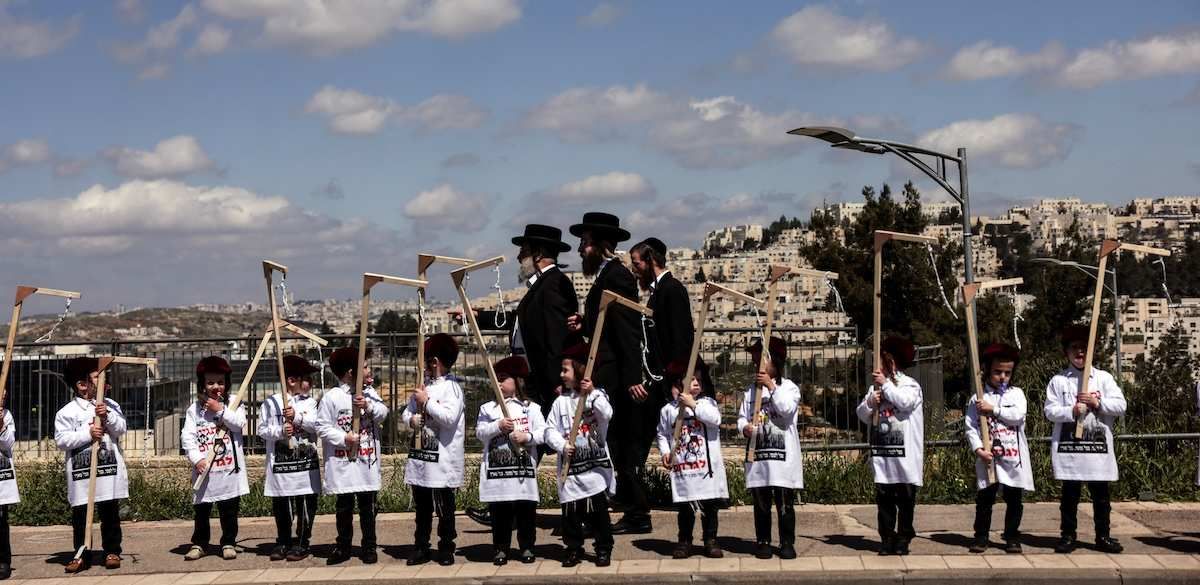News
September 19, 2018
$16 million: Brazilian police seized $16 million worth of cash and luxury watches from the son of Equatorial Guinea’s president when he landed in the country last Friday. Just last year, Teodoro Obiang, who is also the country’s vice president, had his exotic car collection and sprawling Paris mansion seized by French authorities. Around 76 percent Equatorial Guinea's population lives in poverty.
30,000: The Trump administration will cap the number of refugees that can settle in the US at 30,000 in 2019. That’s the lowest since the US refugee resettlement program was created in 1980 and a third fewer refugees than the US agreed to let in this year. Some perspective: The United Nations estimates that on average around 44,000 people around the world were forced to flee their homes every day due to conflict and persecution last year.
54: By 2022, 54 percent of all workers will have a “significant” need to boost their skills to deal with advancing technology, according to a new World Economic Forum survey, with over a third requiring additional training of up to six months. Governments around the world are grappling with how to prepare their workforces for the jobs of the future.
44: If current trends hold, Nigeria and the Democratic Republic of Congo will account for 44 percent of all people living in extreme poverty by 2050, according to a new Gates Foundation report. Today, they are home to around a fifth of the world’s poorest.
23: Ethiopian authorities said at least 23 people were killed during unrest that flared after members of the country’s Oromo ethnic group ransacked homes and businesses of members of other ethnic minorities. Renewed violence could scuttle Prime Minister Abiy Ahmed’s efforts to pursue a policy of reconciliation that has been greeted with optimism around the world.
More For You

Ultra-Orthodox Jewish children hold makeshift gallows as part of a protest against attempts to change government policy that grants?ultra-Orthodox?Jews exemptions from military conscription, in Jerusalem, March 20, 2024.
REUTERS/Ronen Zvulun
Here we go again: Israel’s Knesset is once more considering a bill that would force certain ultra-Orthodox Jewish men, who are part of the Haredi sect, to serve in the military – just like the rest of the country.
Most Popular
What's Good Wednesdays
What’s Good Wednesdays™, December 3, 2025
Walmart sponsored posts
Walmart's $350 billion commitment to American jobs
Ukrainian President Volodymyr Zelensky inspects a guard of honor by the Irish Army at Government Buildings during an Irish State visit, in Dublin, Ireland, on December 2, 2025.
REUTERS/Clodagh Kilcoyne
Even though an energy corruption scandal is roiling his leadership, Ukrainian President Volodymyr Zelensky isn’t necessarily in a rush to accept a deal to end the Russia-Ukraine war – especially if the terms are unfavorable.
- YouTube
Ian Bremmer breaks down President Trump’s ultimatum to Venezuelan leader Nicolás Maduro, “leave with your family or be removed,” and why US military action now appears imminent.
© 2025 GZERO Media. All Rights Reserved | A Eurasia Group media company.